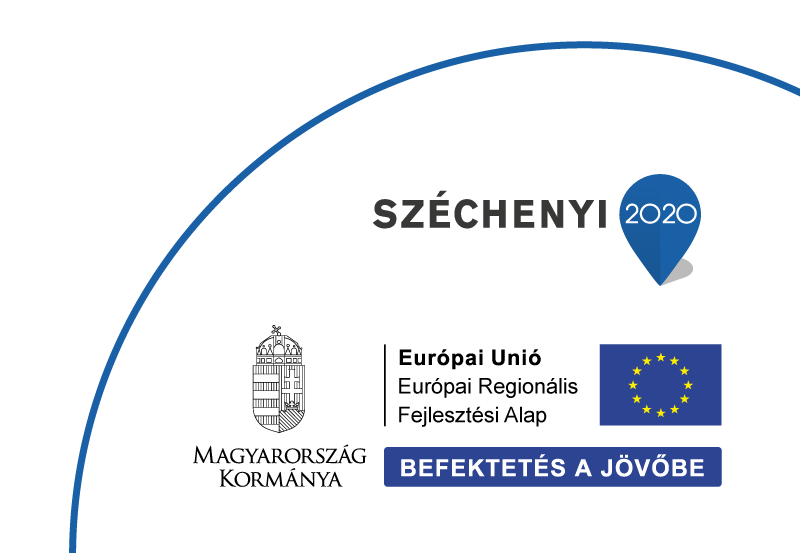|
The mechanism of rapid thermalization in heavy-ion reactions is still an open problem. While 2->2 perturbative QCD rates do not thermalize sufficiently rapidly [1], it has been claimed a decade ago [2] based on the BAMPS code that perturbative ggg<->gg rates shorten thermalization time scales in nucleus-nucleus (A+A) collisions at RHIC and LHC energies to 1 fm/c or smaller. Later it has been argued [3], however, that the BAMPS calculation may have missed the rates by a factor of 3!=6. We investigate the thermalization question using our transport code MPC/Grid, which algorithmically is quite similar to BAMPS (it has scatterings implemented via sampling test particles in small spatial cells in discrete timesteps). The new code has been verified against every analytic test we could think of, and in 2->2 mode also against earlier A+A results from the geometric (cascade) MPC/Cascade algorithm. On one hand, we do find that the inclusion of ggg<->gg rates speeds up thermalization very significantly, however, our rates are still not as high as those published from BAMPS. The difference in 3<->2 rates, however, is not simply a factor of 6 even when we try to reproduce their calculation. On the other hand, we do find that the ggg<->gg rates are very sensitive to how screening and the Landau-Pomeranchuk-Migdal (LPM) effect are implemented. Results from MPC/Grid for the momentum anisotropy v2 in A+A reactions ("collective anisotropic flow"), which is one key experimental evidence for thermalization, will also be discussed.
[1] D. Molnar and M. Gyulassy, Nucl. Phys. A697, 495 (2002)
[Nucl.\ Phys.\ A {\bf 703}, 893 (2002)] [nucl-th/0104073]
[2] Z. Xu and C. Greiner, Phys. Rev. C71, 064901 (2005) [hep-ph/0406278]
[3] J. W. Chen et al, Phys. Lett. B685, 277 (2010) [arXiv:0907.2486 [nucl-th]];
Phys.\ Rev.\ D {\bf 83}, 034031 (2011)
[Phys.\ Rev.\ D {\bf 84}, 039902 (2011)] [arXiv:1011.4123 [hep-ph]]
Az MTA-DE Részecskefizikai Kutatócsoport és az MTA Atomki Rács-QCD Lendület Kutatócsoport közös szemináriuma.
 English
English
